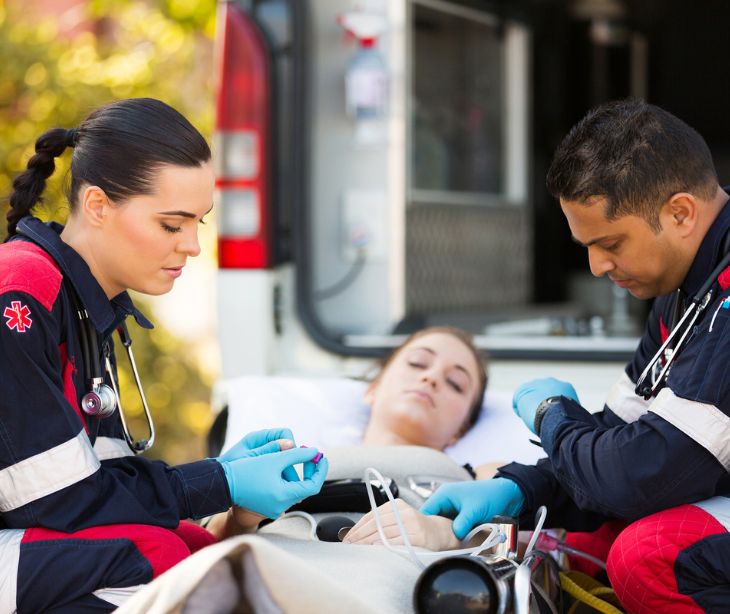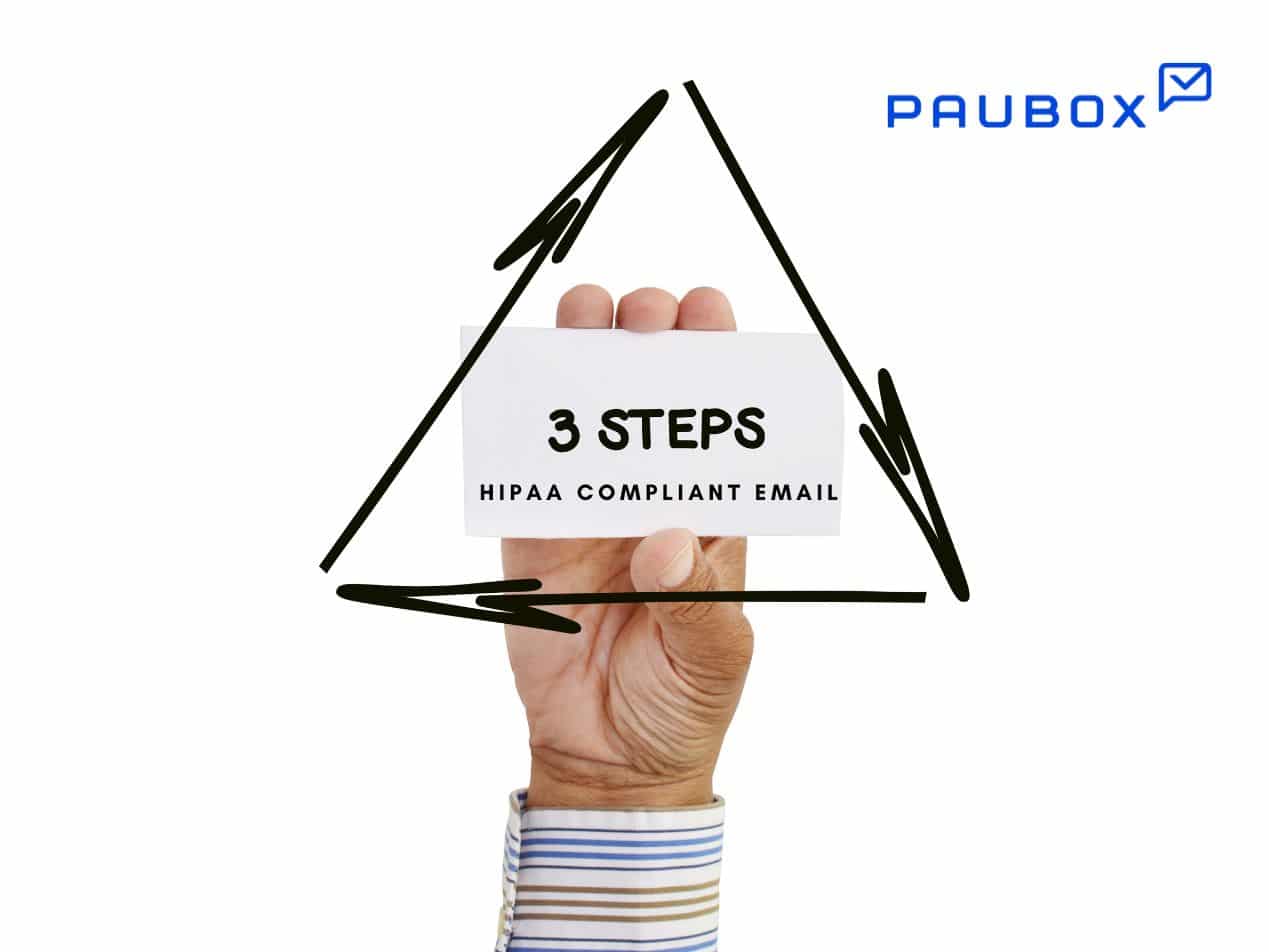
An Emergency medical technician (EMT) can be held subject to HIPAA's requirements and, as such, should understand how to handle protected health information (PHI) responsibly.
When does HIPAA apply to Emergency medical service (EMS) workers?
HIPAA applies to EMTs when they work for a covered entity, which is typically an agency that provides healthcare services (including ambulance services and EMS agencies) and bills for those services. If you are employed or volunteer for such an agency, you are considered part of a HIPAA covered entity, and therefore, you must comply with HIPAA regulations and your agency's specific HIPAA policies.
Note that HIPAA applies to EMS practitioners both on and off duty when handling PHI obtained while providing healthcare services. This means that even when off duty, if you are part of a covered entity and dealing with PHI, you must still adhere to HIPAA guidelines and restrictions.
See also: What is a covered entity?
The rules around disclosing PHI
PHI can be used or disclosed during treatment, payment, and operations activities. This requires that EMTs always adhere to the "minimum necessary" rule, disclosing only the minimum amount of PHI required for the task. Furthermore, they cannot release PHI to the news media without written patient authorization. Media requests should be referred to the agency's spokesperson.
Patient-related information should never be shared on social media, even if it seems non-identifying. Lastly, the EMT cannot share PHI under any circumstance not provided for within HIPAA's requirements.
Sharing PHI with law enforcement as an EMT
EMS workers may be required by state law to release PHI to law enforcement in specific situations, such as:
- Locating suspects, fugitives, missing persons, or witnesses: EMS practitioners may share limited, necessary PHI with law enforcement when trying to locate or identify suspects, fugitives, missing persons, or witnesses related to a case.
- Crime occurs during response: If a crime occurs during the EMS response, such as an assault on a crewmember, EMS practitioners can share necessary PHI with law enforcement to aid in the investigation.
- Treating a crime victim: When treating a patient who is a victim of a crime, EMS practitioners can share PHI with law enforcement if the information will not be used against the patient, and sharing is in the best interest of patient care.
- Preventing imminent harm: If sharing PHI with law enforcement is necessary to prevent serious and imminent harm to someone, EMS practitioners can disclose the information.
- Sharing patient destination: EMS practitioners can share information about the patient's destination with law enforcement, which can be necessary for coordination and follow-up.
See also: What information is protected by HIPAA's security rule?
Consequences of not following HIPAA's requirements for EMS practitioners
Failing to adhere to HIPAA regulations can have significant and far-reaching consequences for EMS practitioners. Not only can it result in legal penalties, including substantial fines and potential criminal charges, but it can also lead to the loss of professional credibility and trust among patients and peers.
Violations may trigger investigations by regulatory authorities, potentially subjecting practitioners and their agencies to audits and increased scrutiny. Beyond legal and financial repercussions, non-compliance with HIPAA can jeopardize patient privacy, compromise the integrity of healthcare systems, and erode the fundamental principles of ethical medical practice.
Subscribe to Paubox Weekly
Every Friday we bring you the most important news from Paubox. Our aim is to make you smarter, faster.




